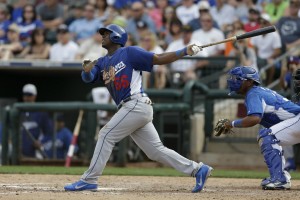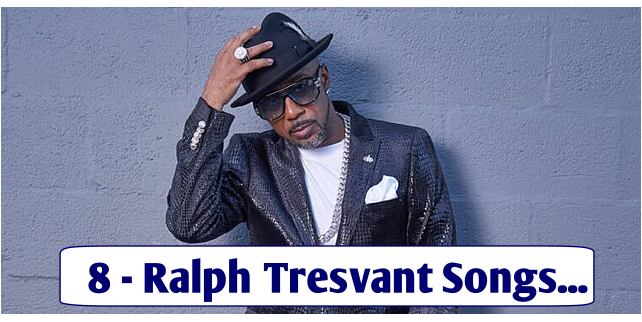(ThyBlavkMan.com) Admittedly, I am not a sports fan. I played sports throughout my youth and for a period in college, but I have never enjoyed watching others play much. I am, however, often subjected to ESPN Sports Center and other radio sports programs when riding in the car with my husband, and I consistently find the racial narratives embedded in, and sometimes addressed directly in, the commentary far more interesting than the sports themselves.
My introduction to Yasiel Puig is no different. As I sat listening to the litany of complaints against this young, Cuban-American, Los Angeles Dodgers rookie, I stopped planning out how to successfully put all three of my kids to bed early that evening, and I began listening to ESPN’s coverage of all the drama that apparently erupted only one month after his MLB debut. Basically, the media and a fair share of MLB opponents have complained that Puig won’t play by their rules: he has not shown reverence to league giants; he will not make his private life public; he has an arrogant “swagger” on and off the field; and he has used his interpreter to try to pick up women. Both his fans and teammates, however, seem to have few complaints and lots of adoration.

I interpreted all of this as the media wanting a “salvation” story—wanting to know that the U.S., who has had an imperialist relationship with Cuba, has saved a poor, black Cuban from socialism and allowed him to experience capitalism. The insistence by the media on being able to tell Puig’s story, or to usurp his self-pimping for their own benefit, produces a troubling, yet all too familiar race narrative. In his debut month, Puig batted .436 with seven home runs and 16 RBIs, with no debut being so prolific since Joe DiMaggio in 1936. The media has subsequently complained about Puig’s insistence on keeping his private life and past separate from his public life as a rising baseball star.
Various MLB players, including the Arizona Diamondback’s, Miguel Montero, have complained that Puig is arrogant and needs to be more humble and respect the game, which Montero emphasizes when he claims Puig creates a bad reputation around the league by going out there with all that “swagger” and “making people want to crush him.” Fans, on the other hand, generally seem much more concerned about the athletic performance of No. 66 and feel an intimacy with him through his athleticism rather than through a personal narrative of struggle and determination.
In response to the criticism, Puig has largely remained silent. He has not invited Oprah to convene a special show for him to breakdown and sob, telling a story of a poor black boy trying to repeatedly defect from Cuba. Instead, he has said he no longer pays attention to what the press writes, and that he does not like the press. In a July 7, 2013 interview, he bluntly states, “I don’t like to be interviewed so often, because the accomplishments are not just mine but the whole team’s. It’s nine of us giving our best on the field, and my teammates also deserve to be asked questions.” It is interesting that his opponents find someone who emphasizes the sport being a team sport and shirking individual recognition to be arrogant.
At this point, no one can say for certain whether Puig’s performance will sustain and grow, or if it will fizzle. What can be said, however, is that even without mentioning Puig’s Afro-Cuban ethnicity, a narrative of race and nation is festering in the media coverage of this phenom. Unlike the initial wave of fair-skinned, or “white,” middle and upper middle class defectors who fled Cuba after the Cuban Revolution and Fidel Castro displaced Fulgencio Batista, Puig represents the dually oppressed black population whose disproportionate representation in the Cuban refugee and emigrant population in the U.S. was staggeringly low until the 1980 Mariel boatlift.
Finish story over at;

















Leave a Reply